The newspaper men following the large touring car to Pleasant View, Mary Baker Eddy’s home in Concord, New Hampshire, were anticipating a decisive moment. For months, an acrimonious lawsuit challenging the sanity and competence of the Leader of Christian Science had been building up to this hot August afternoon in 1907. Now, three court-appointed “masters” were on their way to interview Mrs. Eddy and report back to the judge.
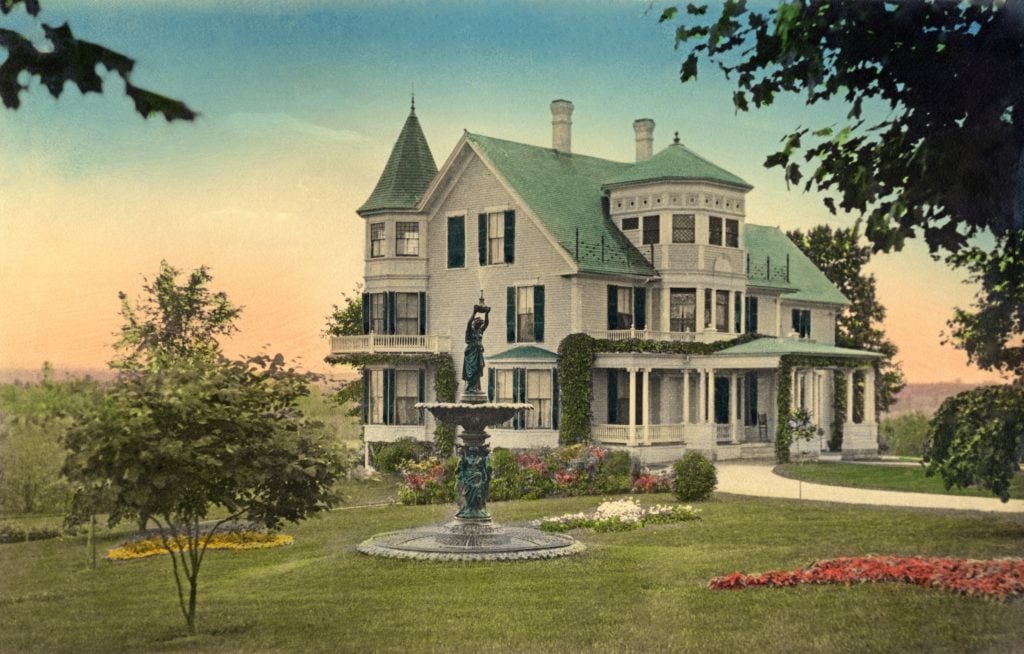
Mrs. Eddy and her household had been praying diligently for a just outcome. “I see this clearly that the prosperity of our Cause hangs in this balance,” she had written to her student Calvin Hill a few months earlier, requesting that he come to Concord and join a group of metaphysical workers who were providing prayerful support that spring and summer.1
Handling the underlying hatred required love, she insisted, even as Christ Jesus had instructed his followers to love their enemies.2
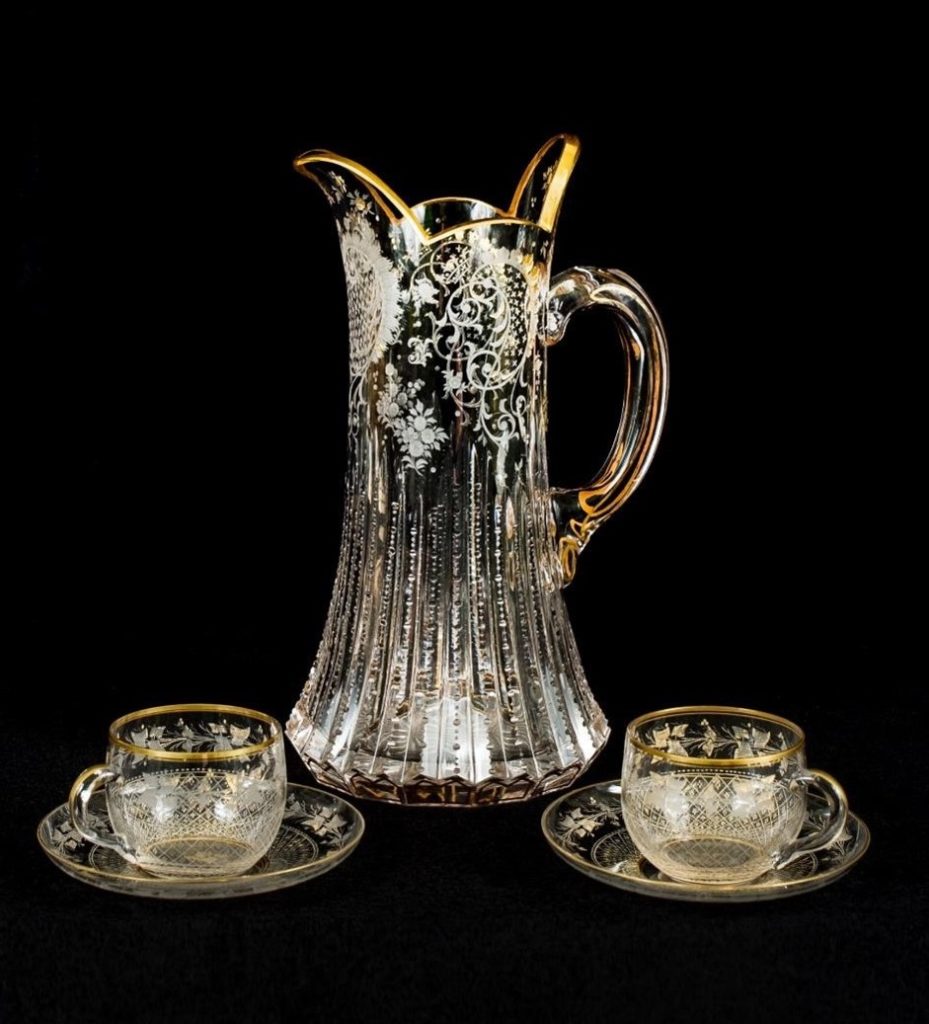
Leadership of the burgeoning movement and the swirl of legal proceedings kept Mrs. Eddy busy day and night, but she was ever a gracious hostess — even to those who hoped to confirm their worst imaginings about her. As the household prepared for the impending interview, Mrs. Eddy’s thoughts briefly turned to offering her guests refreshment.
She told a secretary, “Tell Minnie (the cook) to make the best lemonade for them that she ever made, and I want them to use the Bohemian glasses,” her student Julia Prescott later reminisced.3
The beautiful pitcher and dainty punch cups had been given to Mrs. Eddy by a student. The decorated glasses would have sparkled like sunlit jewels. But they would have to stay on the shelf that day.
The secretary pointed out that they were expecting a group of men. “Don’t you think we had better use the cut glass tumblers? They are larger,” Julia recalled him suggesting. “Dear Mrs. Eddy looked disappointed and said, ‘I only wanted them to have the best, but you know what is right.’ “4
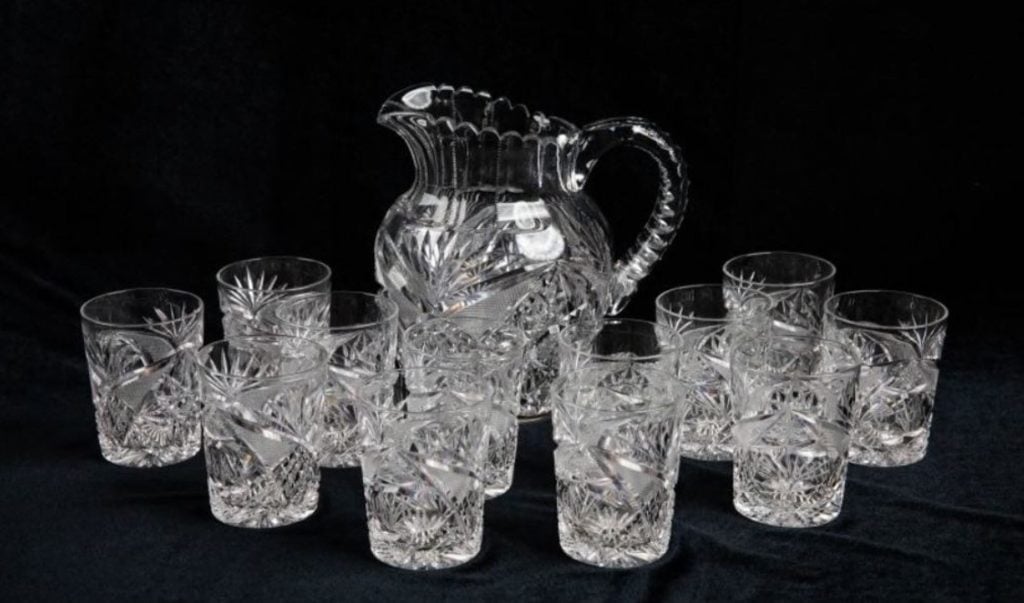
Just as Mrs. Eddy was preparing to prove she held firm control over her affairs, that humble reply showed her leadership was grounded in a spiritual sense of dominion, not personal domination.
The lawsuit she was facing had been instigated by some of the same figures behind fabricated news articles attacking her the previous year, including Ralph Pulitzer, editor of the New York World. William Chandler, the former U.S. senator and lawyer he hired to push the suit forward, had persuaded Mrs. Eddy’s son George Glover to sign on, along with other relatives. The plaintiffs were collectively referred to as “Next Friends” – or “nexters,” as Mrs. Eddy nicknamed them.5
A few minutes before 2 P.M., Mrs. Eddy’s lawyer, General Frank Streeter, pulled up in his open-top automobile, and he and the other men climbed out of its three rows: Co-masters judge Edgar Aldrich, attorney Hosea Parker, and psychiatrist George Jelly; Mr. Chandler; and the court stenographer.6
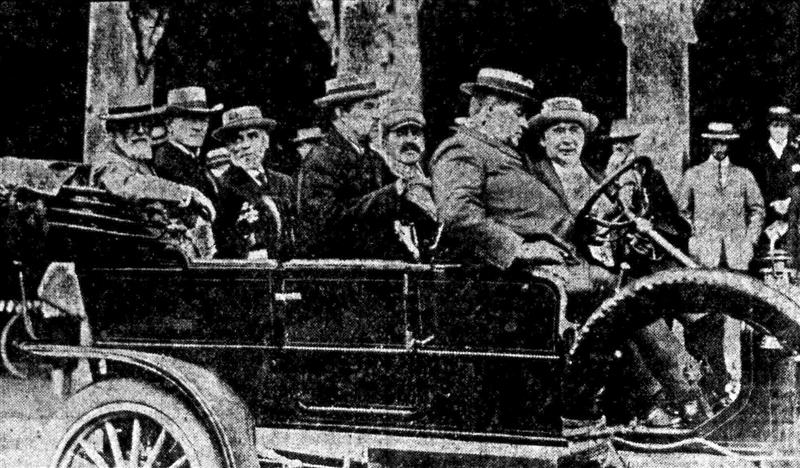
They spent just over an hour seated in a semi-circle around Mrs. Eddy, near the bay window in her second-floor study. She responded with ease to their questions about finances, work, daily life, and her path to the discovery of Christian Science.
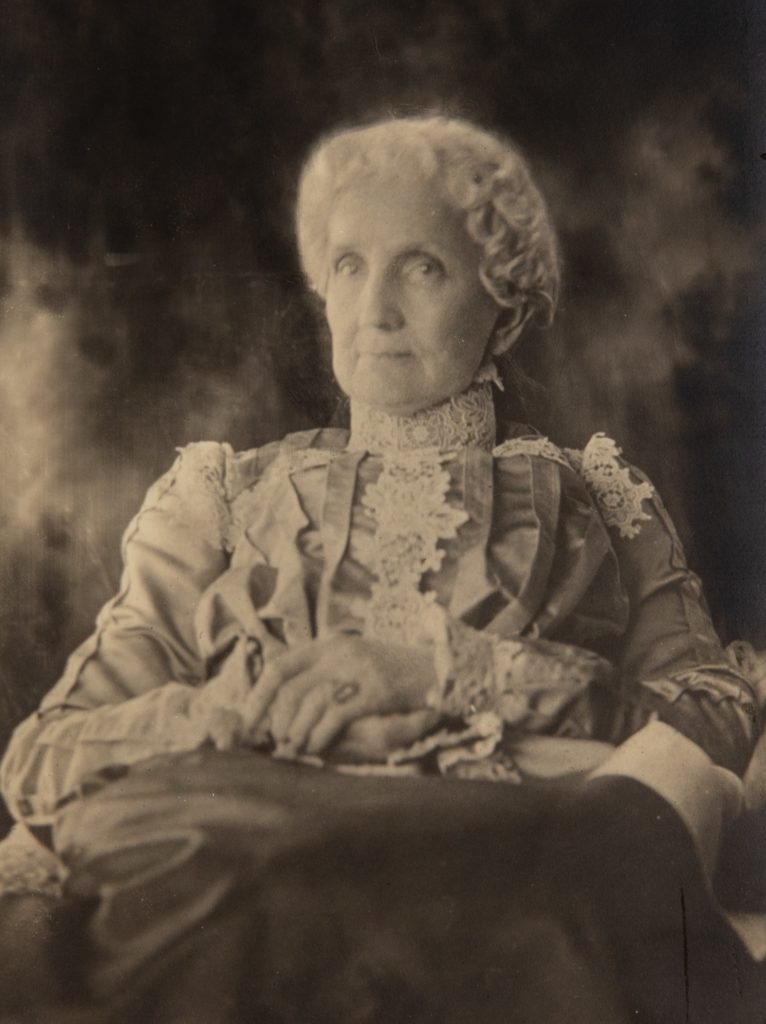
“[Her] face was clear, calm, confident, and bright, and I was sure that the moment the opposing lawyer saw her sitting there, he knew he had not a chance of winning his case,” maid Adelaide Still observed.7
A cool drink of lemonade hadn’t been the men’s only refreshment. They came away with a refreshed view of this world-famous woman, too.
“She’s as sharp as a steel trap,” Mr. Chandler remarked afterward. One week later, he asked the judge to dismiss the suit.8 A few moments after Calvin Hill brought word that the lawsuit had ended in her favor, Mrs. Eddy wrote a letter of forgiveness to one of the “nexters.”9
A comment she made a few summers later could easily epitomize the day Mrs. Eddy served lemonade to her courtroom adversaries: “You cannot make sour sweet, except you put in enough sweet.”10